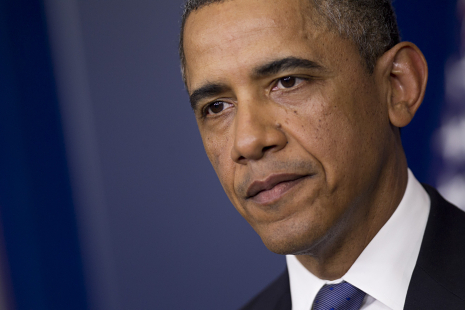Fiscal-Cliff Fiasco: Where Did Obama’s Leverage Go?

With less than twenty-four hours to go until the January 1st deadline, it’s still anybody’s guess how the fiscal-cliff negotiation will end up. One thing is patently clear, though. President Obama isn’t going to get nearly as much out of them as he wanted or expected. Even if an agreement is reached, it will give the White House, at most, only part of what it was originally demanding on taxes—and it will leave the spending side of things, and the urgent need to raise the debt ceiling, unresolved.
So much for the Washington pundits, the amateur game theorists (myself included), and the Administration officials who were all convinced a few weeks ago that the Republicans, lacking any bargaining power, would be forced to settle on the White House’s terms. Back then, the leverage argument seemed pretty convincing. It went like this: if the Republicans refused to compromise, Obama would simply let all the Bush tax cuts expire and allow the automatic spending cuts to kick in—i.e. allow the economy go over the cliff. Then, first thing in the new year, he would propose a bill to reduce rates on the bottom ninety-eight per cent of earners, which the G.O.P., as a tax-cutting party, would have no option but to support. Given the certainty that Obama would get his way one way or the other, the Republicans’ rational strategy was to make a deal before January 1st—one in which they could hope to extract some significant concessions from the White House.
John Cassidy's Blog
- John Cassidy's profile
- 56 followers



